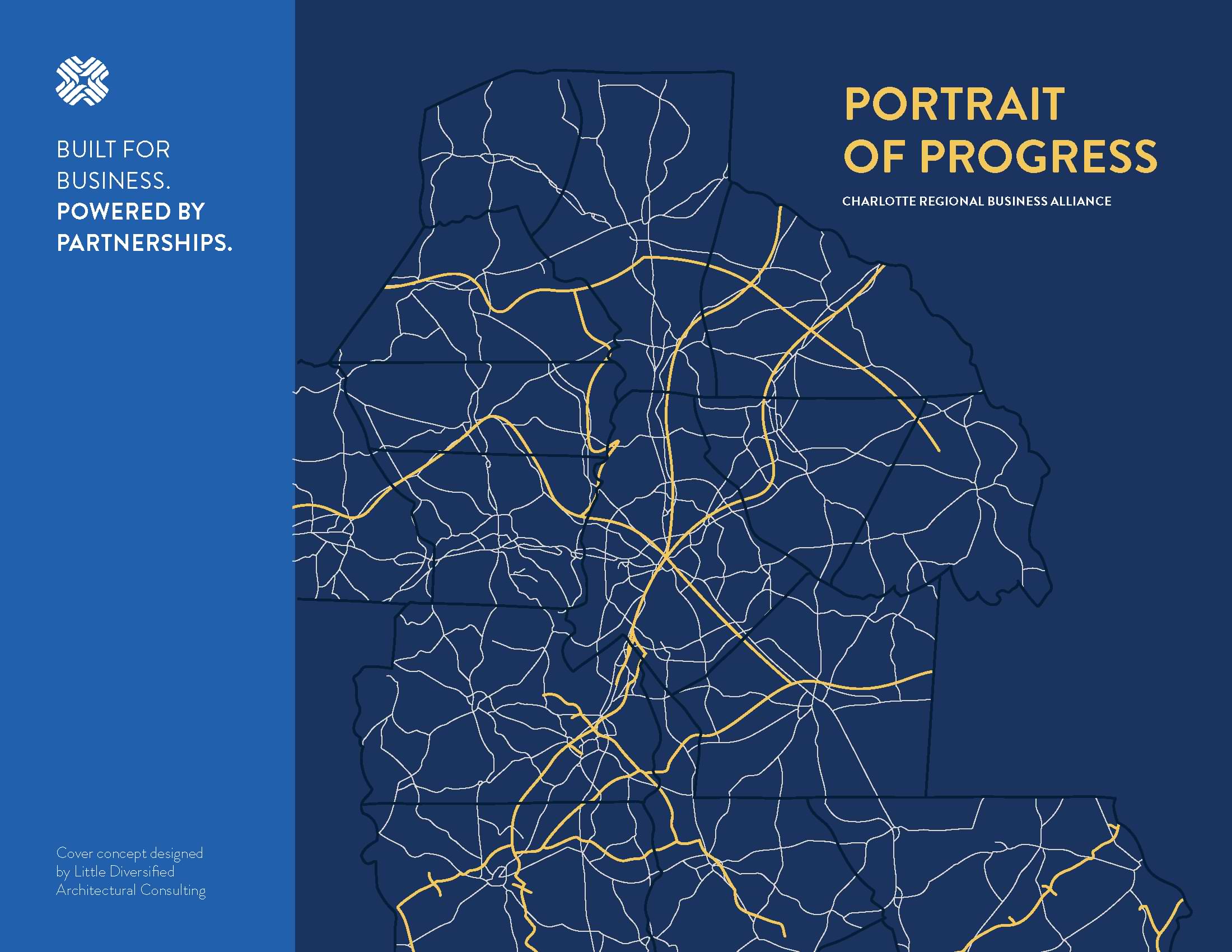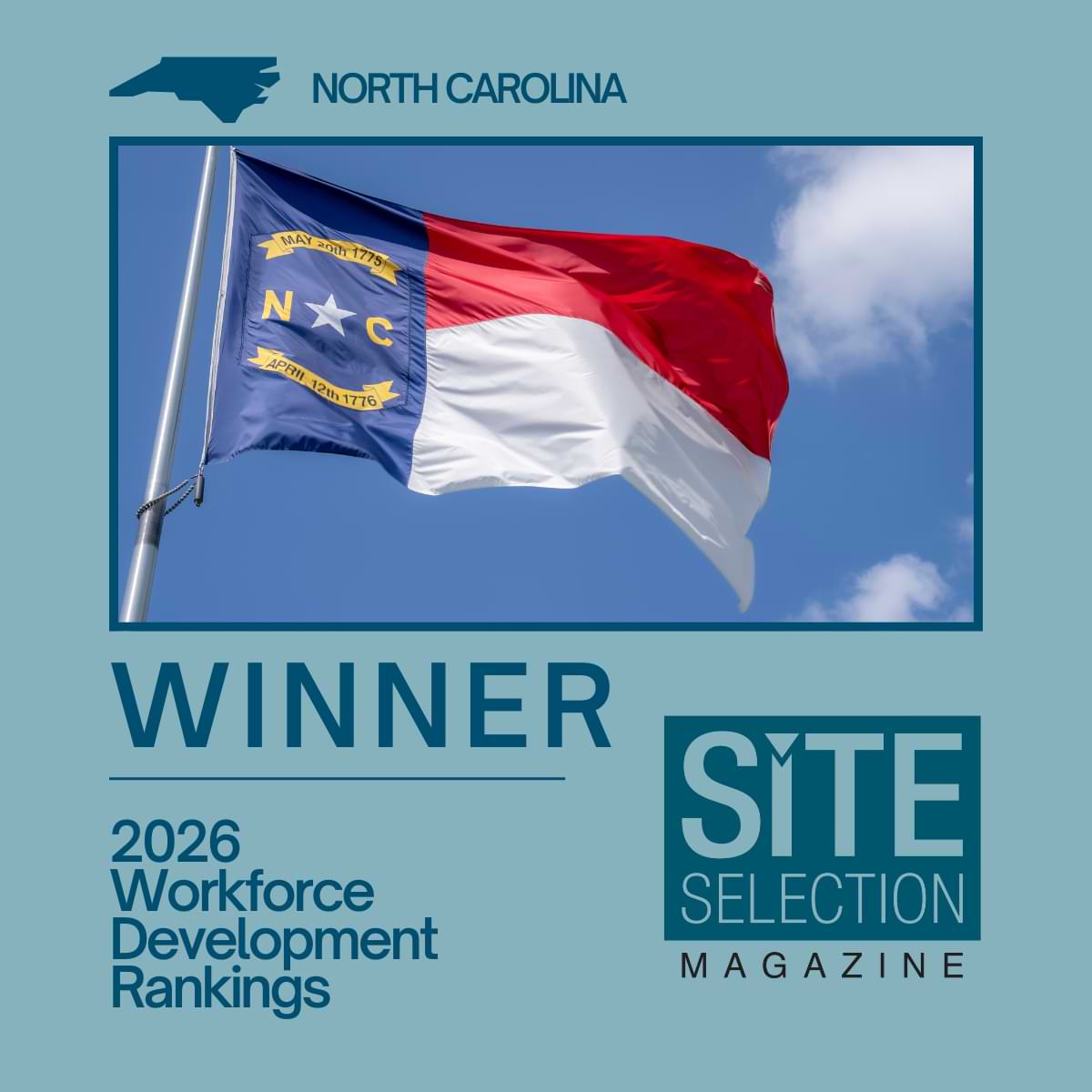North Carolina set a record for visitor spending in 2022, according to county-level data released by the North Carolina Department of Commerce. Mecklenburg County led the state, receiving $5.3 billion, an increase of 31% compared to the previous year.
North Carolina’s urban counties registered the largest gains in 2022 visitor spending, following a few years of rural counties leading visitor spending post-pandemic.
The preliminary findings from an annual study commissioned by Visit North Carolina, a unit of the Economic Development Partnership of North Carolina, reflect the economic impact of tourism on local economies across the state.
“As we celebrate a record $33.3 billion in visitor spending statewide, we’re pleased that counties that rely on business travel as well as leisure trips are doing well,” N.C. Commerce Secretary Machelle Baker Sanders said. “Tourism has long been one of North Carolina’s most vital industries, and we can take pride in the hospitality and authentic experiences that appeal to the needs and interests of millions of visitors who come to our state each year.”
The visitor spending study, commissioned by Visit NC and conducted by Tourism Economics in collaboration with the U.S. Travel Association, provides preliminary estimates of domestic and international traveler expenditures as well as employment, payroll income, and state and local tax revenues directly generated by these expenditures. The statistical model draws on detailed data from Visit NC as well as data derived from federal and state government sources, nationally known private and non-profit travel organizations, and other travel industry sources.
Key findings from the report:
- 2022 saw a strong resurgence for North Carolina’s urban counties. Mecklenburg, Wake, and Durham were among the counties that led the state’s 15.2% growth in visitor spending, which reached a record $33.3 billion.
- Mecklenburg received $5.3 billion (up 31%) in traveler expenditures to lead all counties. Wake ranked second with $3.0 billion, followed by Buncombe, Dare, and Guilford.
- Mecklenburg had the largest number of direct tourism employees (33,627), an increase of 18% from 2021.
- Forty-five of the state’s 100 counties had double-digit increases in visitor spending. Eight of the top 10 (Davidson, Durham, Mecklenburg, Wake, Orange, Guilford, Forsyth and Cabarrus) are regarded as urban or regional city/suburban. Caswell and Granville, the other top 10 counties, are classified as rural.
- Growth in direct tourism employment was more evenly distributed among rural and urban counties with more than a quarter seeing double-digit increases.
As previously reported in May, travel statewide rose 15.2% in 2022 to set a record in visitor spending. That increase followed a 2021 turnaround from the pandemic’s 2020 peak, which brought a devastating drop of 32% in visitor spending. For 2021’s reversal of fortunes, eight of the top 10 counties in percentage growth were classified as rural (the exceptions were Buncombe and Cabarrus).
“Tourism is more than an essential industry for the state,” Wit Tuttell, executive director of Visit NC, said. “It’s an economic development force in all 100 of our counties, the places where travelers experience our scenic beauty and adventure, our cuisine and unique culture, our history and the dynamic forces that create our enduring appeal. Our visitor spending reports underscore the value of these assets in terms of jobs and tax revenues that relieve some of the burden on residents. We look forward to continued success in welcoming people to experience places they won’t find anywhere else.”
Photo Courtesy of Jessica Cooke



